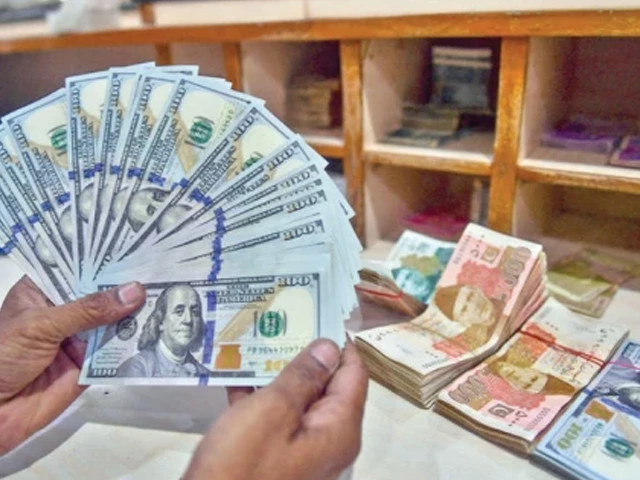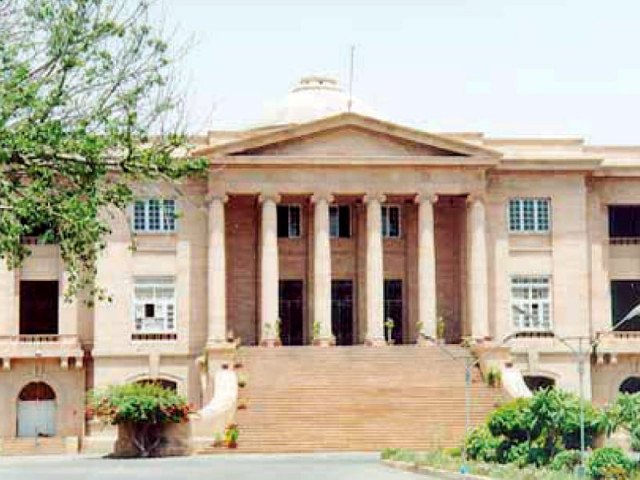- NA Speaker meets UK Member of House of Commons Business Recorder
- Pakistan, UK Reaffirm Parliamentary Cooperation as High Commissioner Meets NA Speaker The Diplomatic Insight
- NA Speaker, UK MP Imran Hussain Discuss Kashmir, Parliamentary…
Category: 1. Pakistan
-
NA Speaker meets UK Member of House of Commons – Business Recorder
-
Kazakhstan's President to arrive in Pakistan today – RADIO PAKISTAN
- Kazakhstan’s President to arrive in Pakistan today RADIO PAKISTAN
- Kazakhstan president arrives in Islamabad on 2-day visit Dawn
- Pakistan, Kazakhstan sign eight MoUs to boost educational cooperation Pakistan Today
- Kazakhstan president to visit…
Continue Reading
-
PTC headquarters, EV command centre open – Dawn
- PTC headquarters, EV command centre open Dawn
- Punjab govt to launch metro bus services in Faisalabad, Gujranwala, announces CM The Nation (Pakistan )
- EV charging station to be solarised The Express Tribune
- CM Maryam Inaugurates PTC Headquarters,…
Continue Reading
-
Rs920 million spent on affected Tirah families, says CM aide – Dawn
- Rs920 million spent on affected Tirah families, says CM aide Dawn
- Afridi orders swift relief for Tirah The Express Tribune
- Rs 2 billion released to assist displaced Tirah families Daily Times
- KP Govt Orders Fast, Transparent Relief Payments
Continue Reading
-

Air chief resolves to strengthen professional cooperation with Libyan Air Force
Pakistan Air Force (PAF) Chief Air Marshal Zaheer Ahmed Baber Sidhu reiterated his resolve to further enhance professional cooperation with the Libyan Air Force.
According to a statement issued by Inter-Services…
Continue Reading
-
Punjab PA speaker urges precautionary measures during Basant – Business Recorder
- Punjab PA speaker urges precautionary measures during Basant Business Recorder
- Clear skies for Basant in Lahore: PMD Dawn
- Punjab gears up for four-day holiday from Feb 5-8 The Express Tribune
- DHA restrictions on Basant raise questions about…
Continue Reading
-

Centre-KP frost thaws as PM, CM Afridi break the ice
ISLAMABAD:After weeks of sharp exchanges and hardened positions, Centre and…
Continue Reading
-

UAE rolls over $2b Pak loan for a month
Allows time for discussions on tenor, interest rate; Pakistan seeks a 2 year rollover, an interest of 3%
…Continue Reading
-

Judges must follow law, not sentiment: FCC
ISLAMABAD:In a judgment reasserting the primacy of constitutional…
Continue Reading
-
Lahore is Smiling Again – Daily Times
- Lahore is Smiling Again Daily Times
- Clear skies for Basant in Lahore: PMD Dawn
- Punjab gears up for four-day holiday from Feb 5-8 The Express Tribune
- DHA restrictions on Basant raise questions about jurisdiction within Lahore Pakistan Today
- LESCO…
Continue Reading